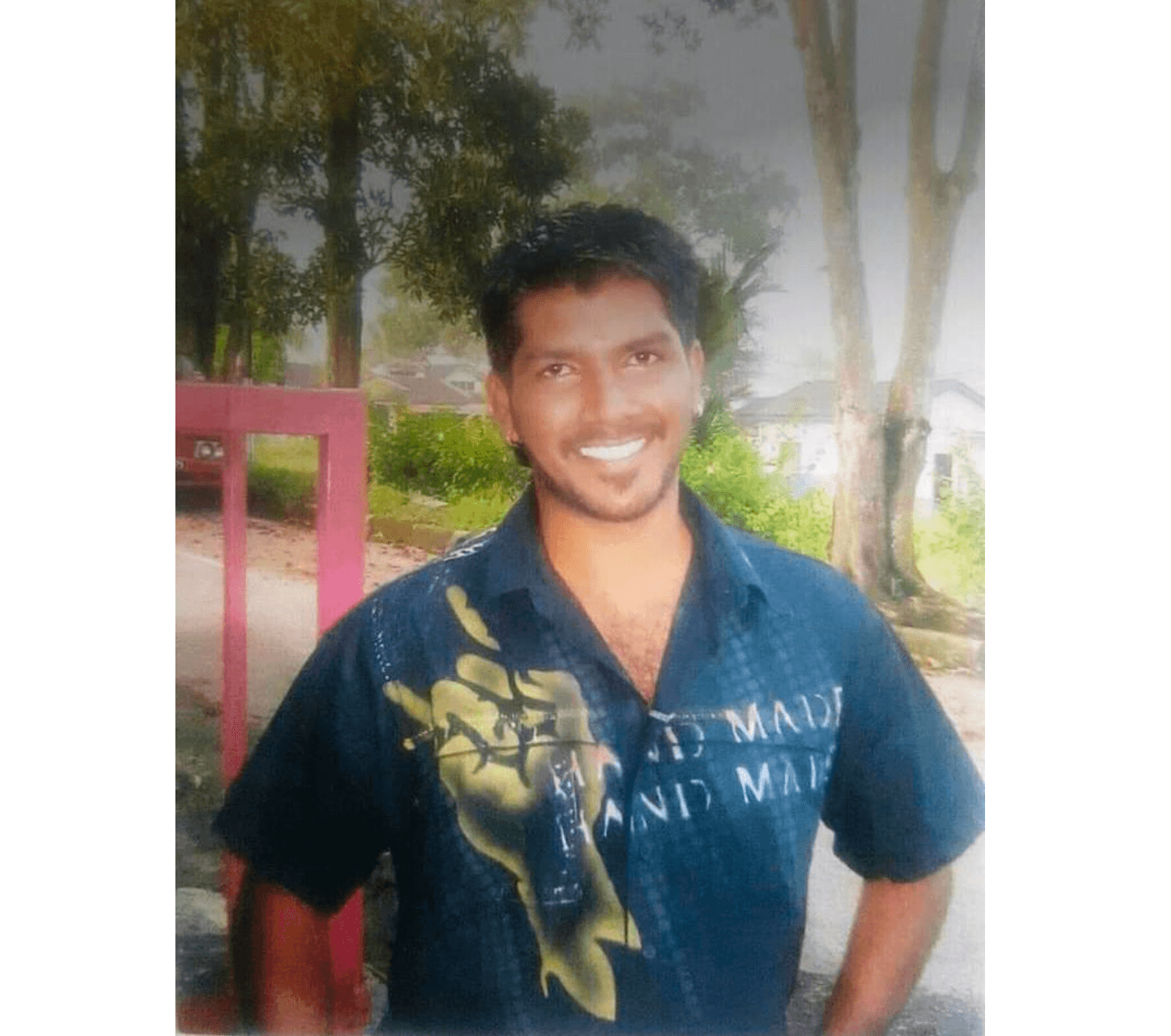Life on death row in Singapore
The stories of these inmates need to be told so that reforms can take place and youngsters can be kept from making the same mistakes.
Just In
It is appalling that Singapore wishes to execute prison inmates during the holy month of Ramadan. Yet this is nothing new. Last year, the Singapore Prison Service initially set the execution date for Nagaenthran K Dharmalingam when Deepavali was around the corner.
There are other Malaysian inmates awaiting their death sentence in Changi prison. One of them is Datchana.
Datchana was one of 12 inmates placed in a special punishment cell in 2019. Changi prison officers tricked him and the other death row inmates into shifting to another room by saying that they would be only placed in the smaller cells while a minor renovation took place. Therefore, the inmates agreed.
Once they had shifted, the officers said they were not sure when the renovation would be over, and thus unsure of when they would be moved out from the punishment cells.
These inmates are already traumatised by their death sentence, and the prison is making it worse by putting them in small, cramped cells.
During this horrible time, Datchana’s health declined. His blood pressure increased, and his mind deteriorated. He was crying to his visiting family, saying that he couldn’t take it anymore and wanted to end his own life.
These punishment cells are horrible. They are closed in by a solid metal door which gives no chance for these inmates to see or talk to other inmates. The estimated size of one punishment cell is only about 6×6 feet. The only fan available is outside the cells, in the corridor leading to the cells. Air can only come in through the food slot at the door. At night, the cell is very hot and humid.
Inmates are only given one-inch thick blankets and a straw mat to sleep on. No mattresses and pillows are provided.
There are two slots on the cell door and both slots are locked from the outside. The light bulb within the cells is yellow and dim. The cells are located in the middle of the building, thus there is no sunlight at all. In fact, the cell’s window is completely blocked by metal netting which allows no light from the outside to enter the cell.
There is no hot water in the shower, and the shower water is also used for drinking.
Datchana became mentally and emotionally distraught when he heard about the brutal execution method practised by the Singaporean government. Lawyers for Liberty, an NGO, has released a statement and filed an affidavit questioning the allegedly unlawful brutal execution methods but Singapore remains silent.
These inmates are in danger of facing an unexpected painful death, but before that, it seems like their minds, body, and spirit will be broken into bits first.
When Singapore lawyer M Ravi attempted to act on behalf of the death row inmates, the government of Singapore accused him of criminal charges, and now plans to confiscate his licence to practise in Singapore. Why can’t his questions be handled in a fair and sensible way?
The stories of Datchana and the many others like him need to be known. Youngsters who might be easily swayed into crime need to know so that they don’t make the same mistake. The public and the government need to know so that they can demand reform and changes. At the very least, these stories should invoke sympathy and forgiveness for these inmates as they are victims who were manipulated into becoming drug mules.
After all, forgiveness and mercy – isn’t that what every religion preaches?
The views expressed in this article are those of the author(s) and do not necessarily reflect the position of MalaysiaNow.
Subscribe to our newsletter
To be updated with all the latest news and analyses daily.
